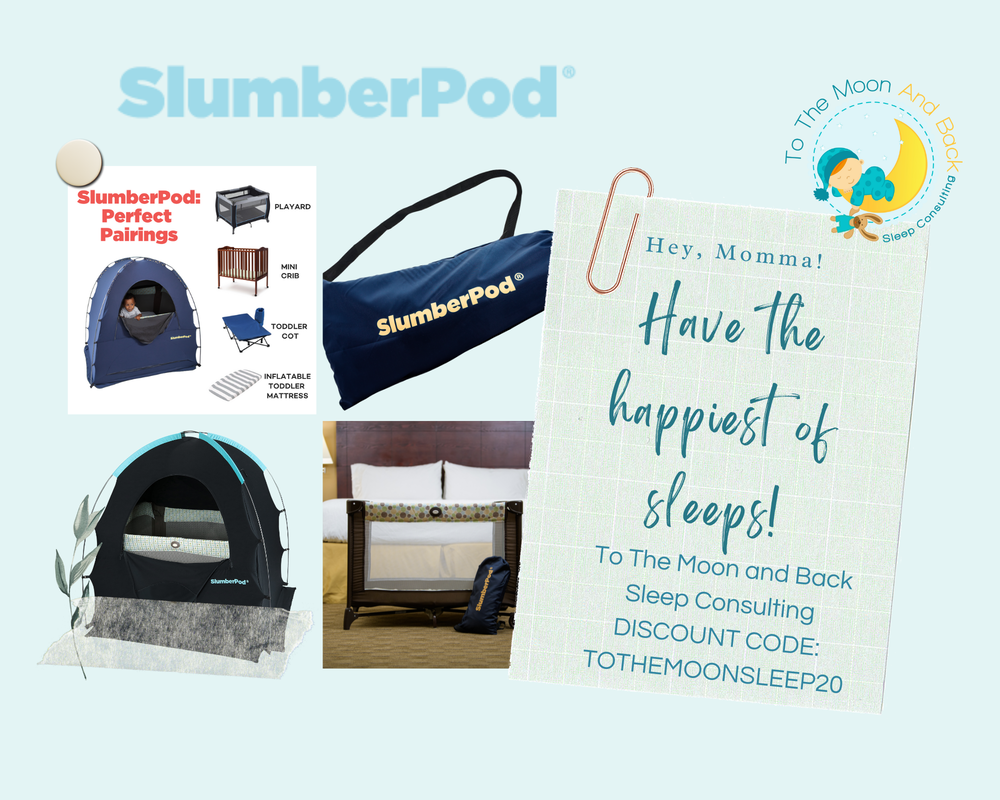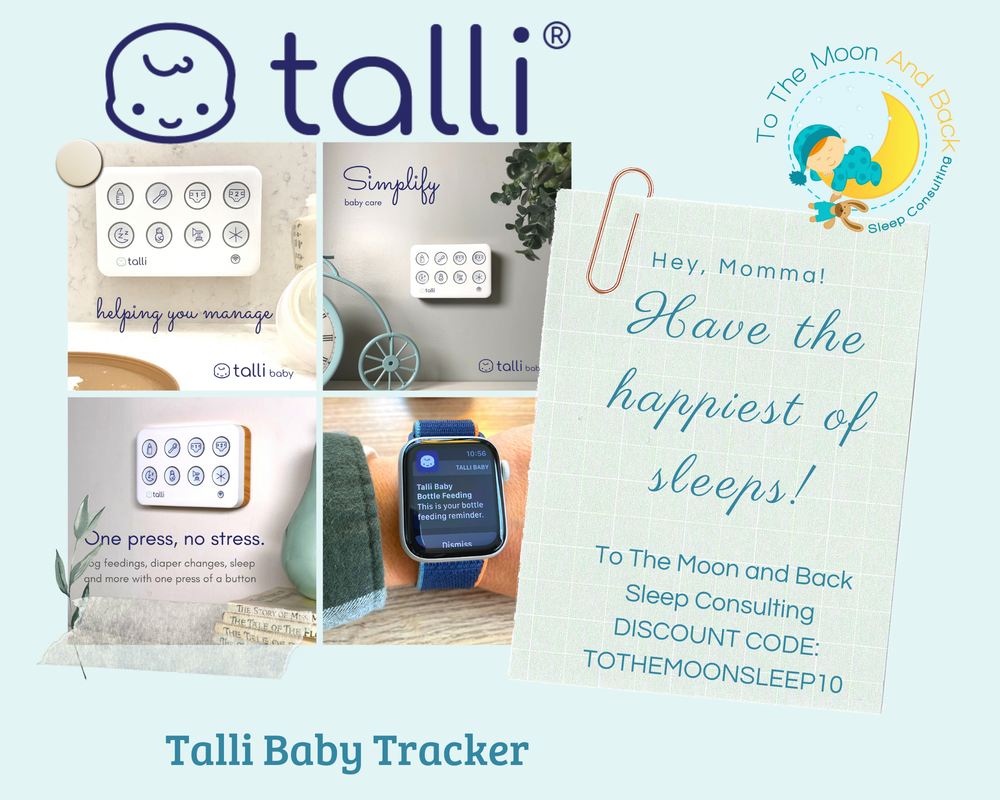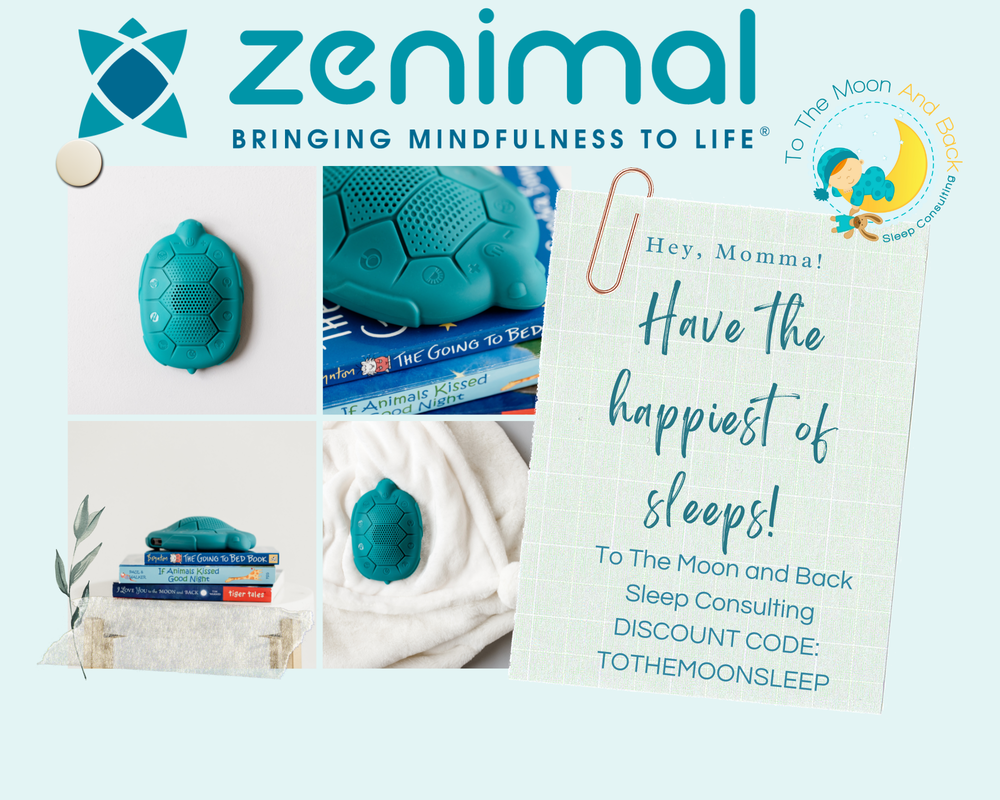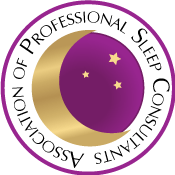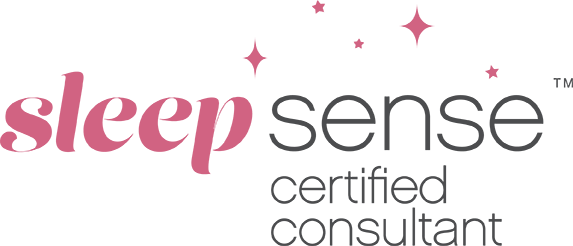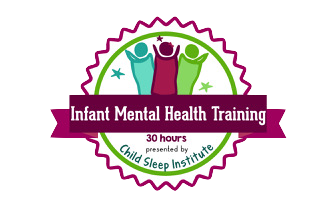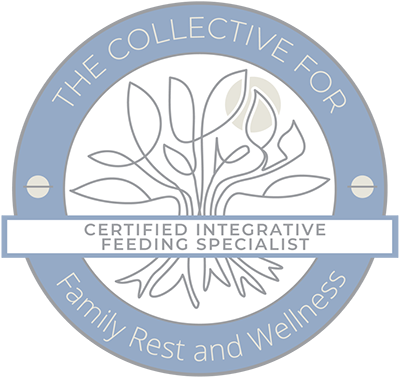|
In adults, we’re most likely to dream during rapid eye movement (REM) sleep, although dreams can happen during other sleep stages, too. This REM sleep may even start before birth: Brain waves that closely resemble those found in REM sleep have been measured inside the womb between 25 and 28 weeks. Since babies spend about half of their sleeping time in REM sleep, some researchers think it only makes sense that they are having some form of dreams. On the other hand, some scientists say that babies are not developmentally capable of the kind of abstract thinking (including the ability to imagine things visually and self-awareness) you need to have dreams.
If babies do dream, their dreams probably won’t have the rich visuals and interactions with other characters that adults have when they dream, says Zadra. “Their dreams are probably very similar to what they experience when they’re awake because they have a preverbal form of consciousness,” he says. “It may be a collection of sensations, whether it’s warmth, suckling on a breast or images of a close-up face.” Just as an adult processes the previous day when they sleep, so does an infant’s brain—it’s just not as advanced yet. When I was expecting my first baby, I followed along in the books about every single stage of my pregnancy, I read about what to expect when baby arrives. I learned about anything that I thought I would need to know for that first little bit of baby’s life; I read a lot! Of course, I didn't think much about baby sleep until I realized that my precious little bundle of joy DID NOT KNOW HOW TO SLEEP!!  So, I read more and more about nothing except baby SLEEP! What I wasn't prepared for was the sheer amount of information out there, and how much the "experts" contradicted each other! Even among medical professionals, the number of times I must have read one person say that one thing was an absolute must, then to have another "expert" say that the first was wrong or harmful, was mind-boggling and extremely stressful! As most parents do though, I took that information, analyzed it, filtered everything through a combination of common sense and personal beliefs, and came up with a strategy I was comfortable with. But one thing I was never sure about, mainly because nobody seemed to have a clear answer, was whether I could sleep train while I was breastfeeding or how to sleep train while I was breastfeeding. The primary argument against the idea, so far as I understood it, was that breast milk gets digested faster than formula, and therefore babies who are breastfed need to wake up several times a night to feed. Otherwise, they'll feel hungry throughout the night, be unable to sleep, and potentially suffer from malnutrition. Now, I know that there are different views on this matter, and whichever one you subscribe to, you're probably convinced that you're right. And you might be, assuming of course that you agree with me. I'm kidding, of course. Like most things in parenting, there's not so much of a "right and wrong," as opposed to "right for your child." But there are a few facts that you should know if you're breastfeeding and trying to decide whether or not to sleep train your child. After all, what's the point of sleep training if your baby's nutrition needs prevent them from sleeping through the night? So, here's an interesting fact. |
To The Moon and Back Sleep ConsultingProviding families the tools & support they need to get their little ones sleeping through the night and napping like champs! Everyone has more fun when they are well rested! Visit Wollino - Discount Code: TOTHEMOONANDBACK10
Browse
All
|
All information provided on this website, including texts, images, and other materials, are for informational purposes only and should not be considered a replacement for assessment or treatment by a healthcare provider.
© COPYRIGHT 2016-2024 TO THE MOON AND BACK SLEEP CONSULTING. ALL RIGHTS RESERVED. WAKING GIRL WEB DESIGN
© COPYRIGHT 2016-2024 TO THE MOON AND BACK SLEEP CONSULTING. ALL RIGHTS RESERVED. WAKING GIRL WEB DESIGN

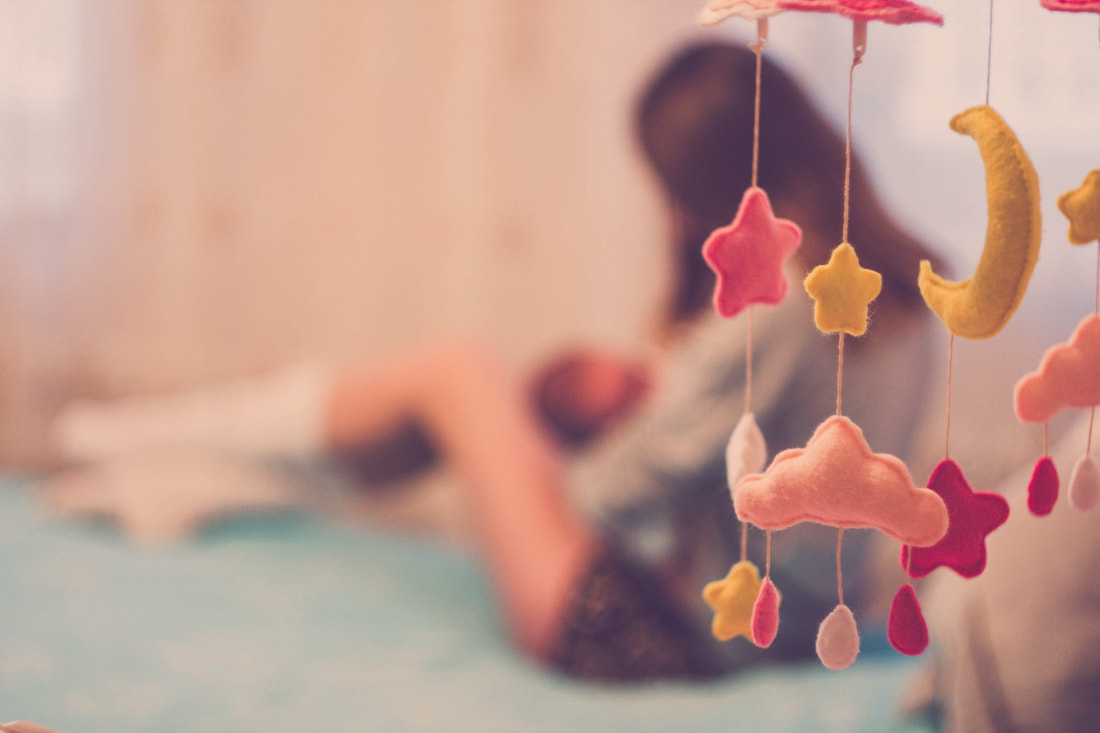
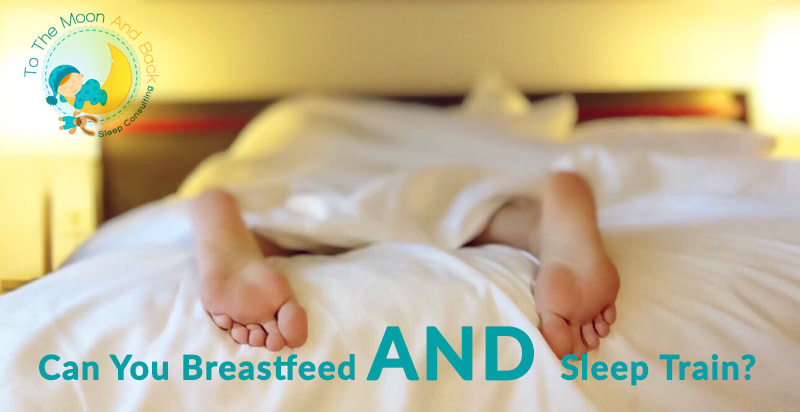
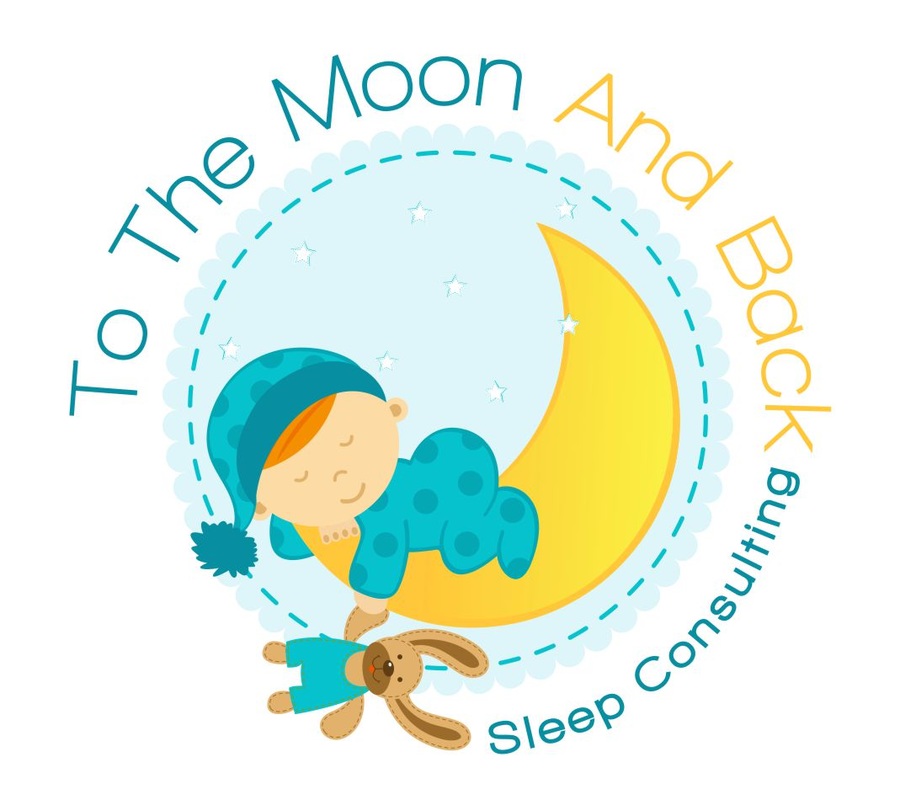
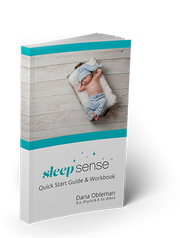
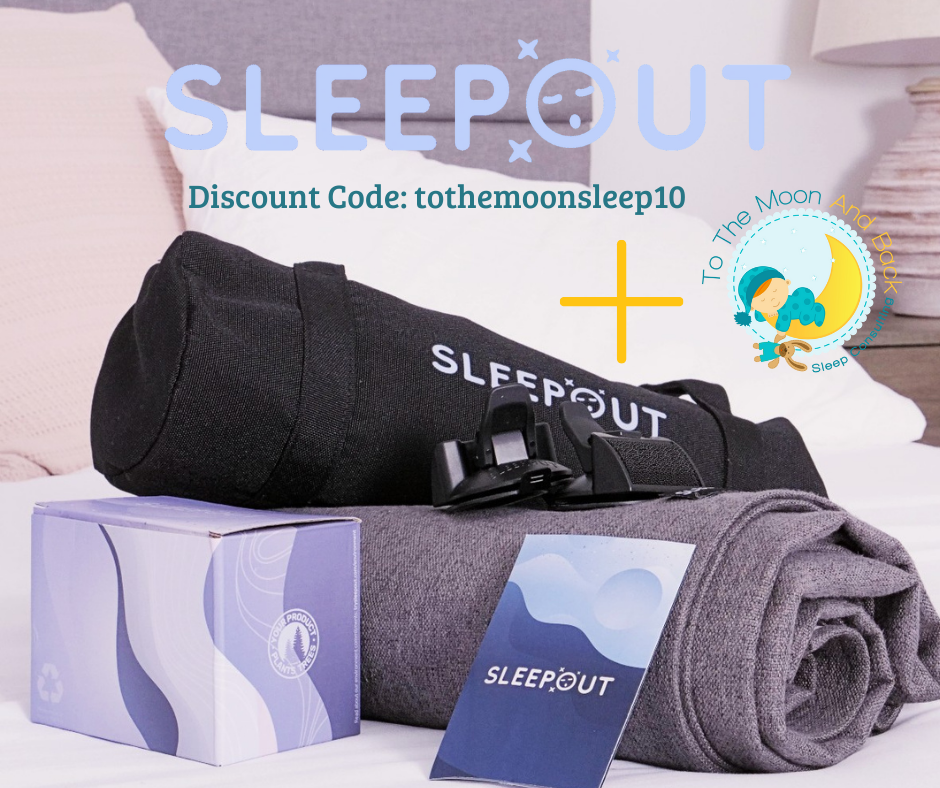


 RSS Feed
RSS Feed
